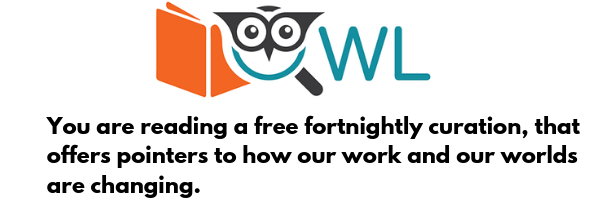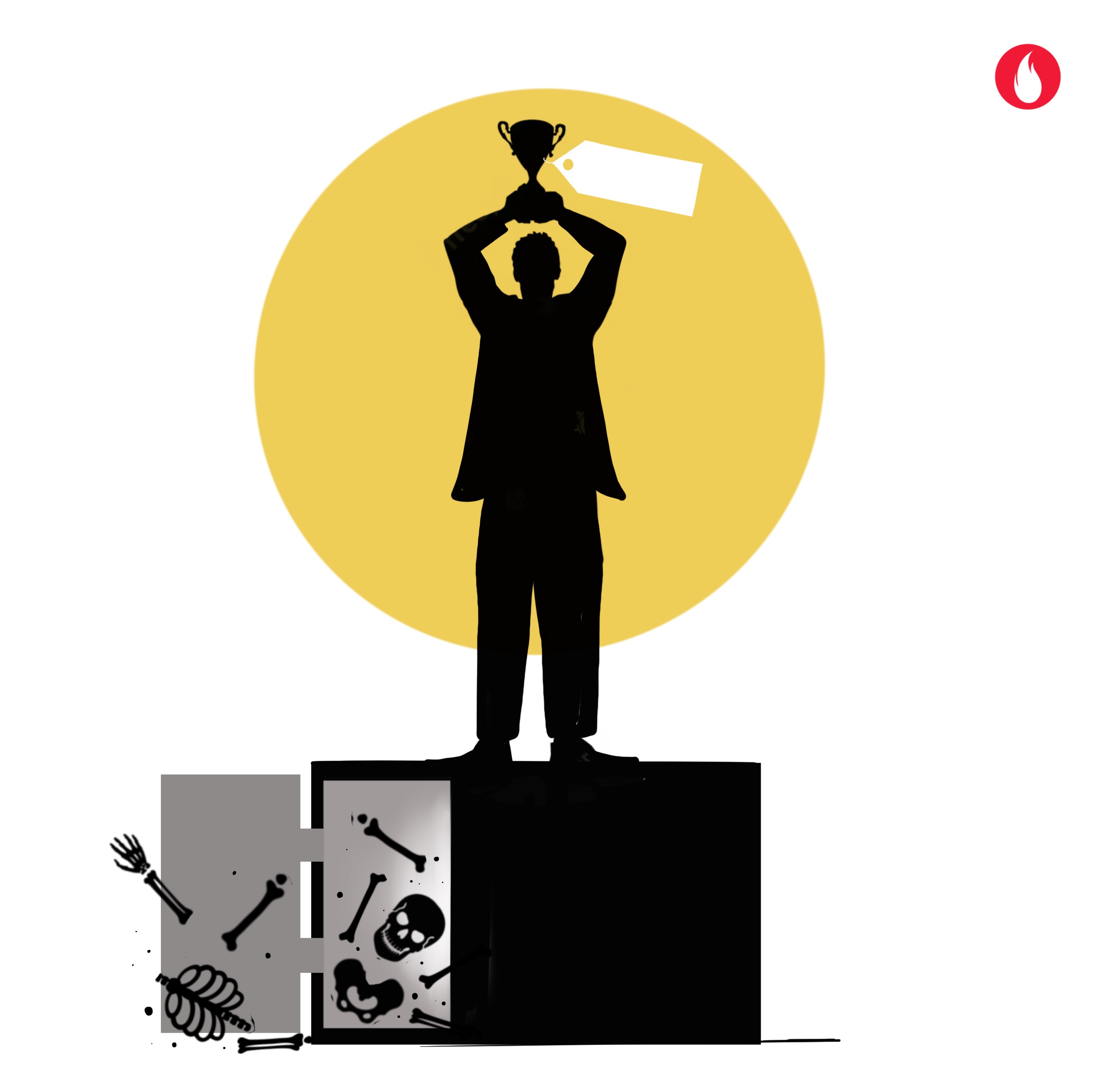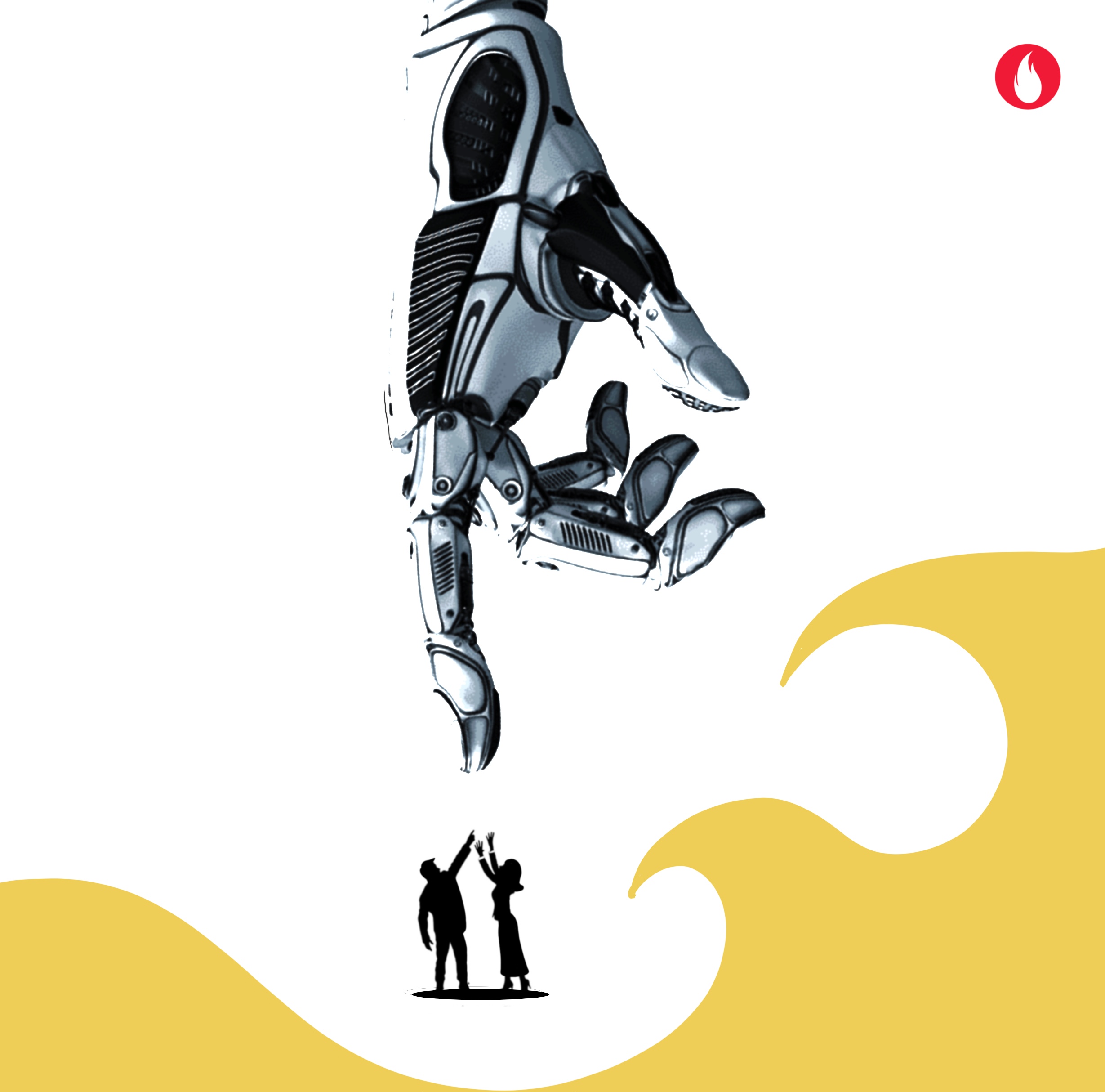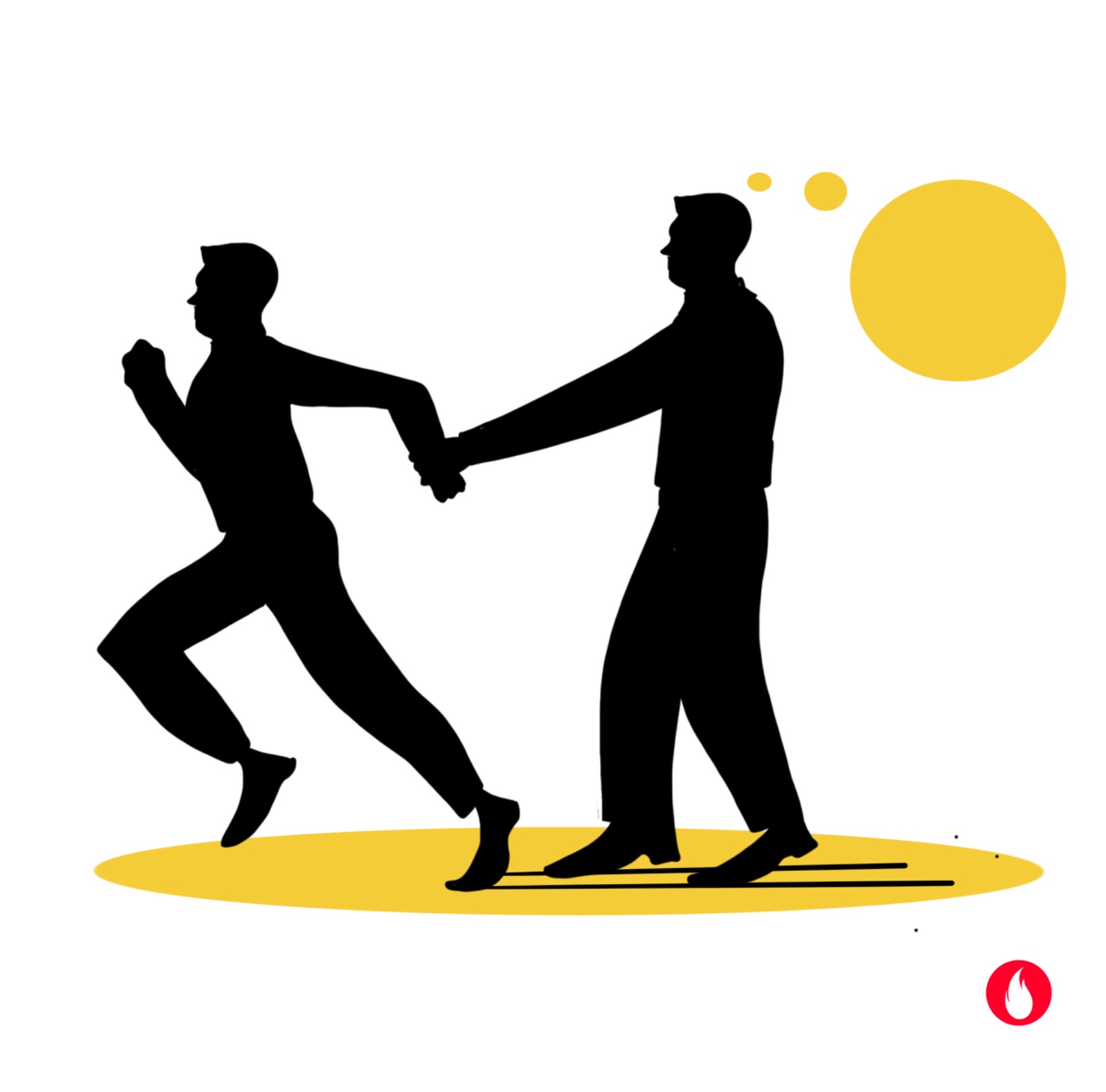I am going to make a case. A case for hobbies. I know you have busy stuff to close this window and go. Please. Read on. For this is important. The damage that several of us inflict on ourselves with unsustainable lives of imbalance is not fully understood. The repetitive frequency of friends and clients faltering on the fast road of ‘growth’ gets me to write this. I understand that you may not have a problem. But am making a case for hobbies to help spread the word and ignite conversation!
Hobbies are not the ‘optional extras’ that they seem. They help a huge deal in building careers and professions. Not sure? Well, here are four reasons.

But first, some memories. There was a time when ‘stamp collection’ and ‘coin collection’ were common in resumes. Under an innocuous head called ‘Hobbies’. Stuff that no interviewer bothered much with. Oddly enough, there was always a mention of ‘hobby’ in resumes back then. Today, every young person I meet has varied and distinct possibilities for nurturing these interests. And several do too.
The wonder years, have always brimmed with potential for multiple pursuits. Adulthood, for several reasons in modern times, has had a depleting array of incentives for other pursuits. High-pressure jobs. Busy lives. Hypergrowth careers. These and a plethora of other less convincing excuses occupy the time and dominate the mind to the exclusion of all else. Hobbies included.
Making a case for hobbies.
Let me cut to the chase and put forth four points from personal experience. Stuff that has helped me and other colleagues from around the world. I have a clutch of other interests that fuel me. Running, reading and writing are my goto ones.
1. Hobbies & other interests help your resilience at work.
In a world where the job and occupation usurp the whole stage and not merely the centre, hobbies provide width. So what? Pursuing hobbies dislodge work as the sole identity provider. Thereby forming an insulation layer for stress that work brings. This paves the way of better mental health and greater resilience. There is research to prove that people with narrow identities are more prone to depression.
Senior executives who run, entrepreneurs who trek, leaders who garden dot my contact list. Add to that, others who are photography enthusiasts, travel buffs, dancers, bikers, music aficionados, painters. The list is long.
These are busy people leading rich lives. The busier they get, the more they make the point to create space for their pursuits. They realise that it helps them stay alive and wade through the many stresses that work brings. I have a ton of stories and references just in case you need.
2. Safe space to fail and try new things.
In a world which is unforgiving of mistakes in the professions we pursue, hobbies are safe spaces to learn. To make mistakes and fail fabulously. Such failures keep the learning bone alive in us. An alive and ticking learning bone makes such a big difference to our identity of who we are. I remember the excitement in the voice of a client, a senior professional in the finance industry when he called me to announce that a plant a neighbour had given up on, had a fresh blossom under his care. It was a priceless moment. It was inevitable that the high pervaded his work. It was sheer delight seeing him in that flow!
3. Meeting new people.
Where do you have meaningful conversations outside of your work and family? When the wellspring of social connections dries up, we become parched lands in the mind. Reduced to the inane yet addictive world of bland internet surfing or TV watching.
Hobbies help meeting people. They foster conversation. Suddenly there are things to talk about. Developing new conversations and connections build networks in the mind first. These conversations refresh the soul. Plus, hobbies make you interesting! You have topics to go beyond small talk!
4. Looking away helps focus
Hobbies help take the eye off the problem that you are working on. Even if it’s for a short time. The focused pursuit of a hobby, helps me quieten my mind.
When the mind is quiet, the problem that I am working on solving at work gets a different hue. It gets a new frame. Often enough for me to start working on what’s on my work plate better. I cant imagine the number of times that a problem that I was struggling with suddenly became clear after a focused run or a short blog post. So much so, that colleagues would nudge, “get to a run tomorrow morning” when a key ideation discussion was slated to happen the next day.
Making hobbies stick
Several other friends get started with a hobby or two. But quickly fall off the grid. Here are some thoughts on making them stick.
Whilst choosing hobbies it is important to recognise that each is a vast field. Each offers its own challenge. These must and stimulate and challenge the mind or the body. Taking one on just because it is popular or accessible or fancy is not going to get you long.
Even better if it is something that intersects with what someone is/was good at. Something of interest. Perhaps allied to a profession. Maybe a stage in life.
The point is, hobbies are about ‘active creation’ and expending energy. Passive consumption falls far short. Sustainable expending of energy requires stuff that’s beyond immediate access.
One more thing. I can’t stress the importance of ‘community’ enough. The people who thrive with hobbies and wade through the initial years are often those who build a community around them. Especially so, in the early years. There are enough community for every hobby online. Communities and friendships have sustained me through every single hobby that I have pursued.
That’s that for hobbies.
Now, for this edition
I want to begin with my friend Kenneth Mikkelson’s TED Talk. Kenneth is based in Copenhagen and wrote a book on ‘Neo-Generalists’. It is an idea whose time has come. Watch the video of the talk titled “Living an Examined Life | The Neo-Generalist Way”.
“Who are you? What do you want to be? How can you live a meaningful life?
These are the questions, I have been playing with for the last 20 years as a writer and educator of leaders.”, is how he starts. Here is a transcript to his talk. Simple. Precise. And just awesome.
Why Principles Over Practices Are the Key to Timeless Success is the second piece. Principles triumph. We often encounter occasions where we are not sure which way to go. The absence of a “principle” based approach often imperils us. Check this post out.
The next piece is titled If you’re not spending 5 hours per week learning, you’re being irresponsible. I don’t have to say anything more to invite you to read. Do I?
The fourth piece for this edition is “What If The Future Of Work Starts With High School?” Heather McGowan makes a point about three questions that we must retire.
“What do you want to be when you grow up?”
“What is your major?”
“What do you do?” Well, so what do we do? Read on.
The final one. If you are not curious about any of the above, “Why Aren’t We Curious About the Things We Want to Be Curious About?”
That’s that for this edition. Spread the word. Make the case for a hobby. That will count amongst your good deeds for the world.
Image Credits Pixabay



